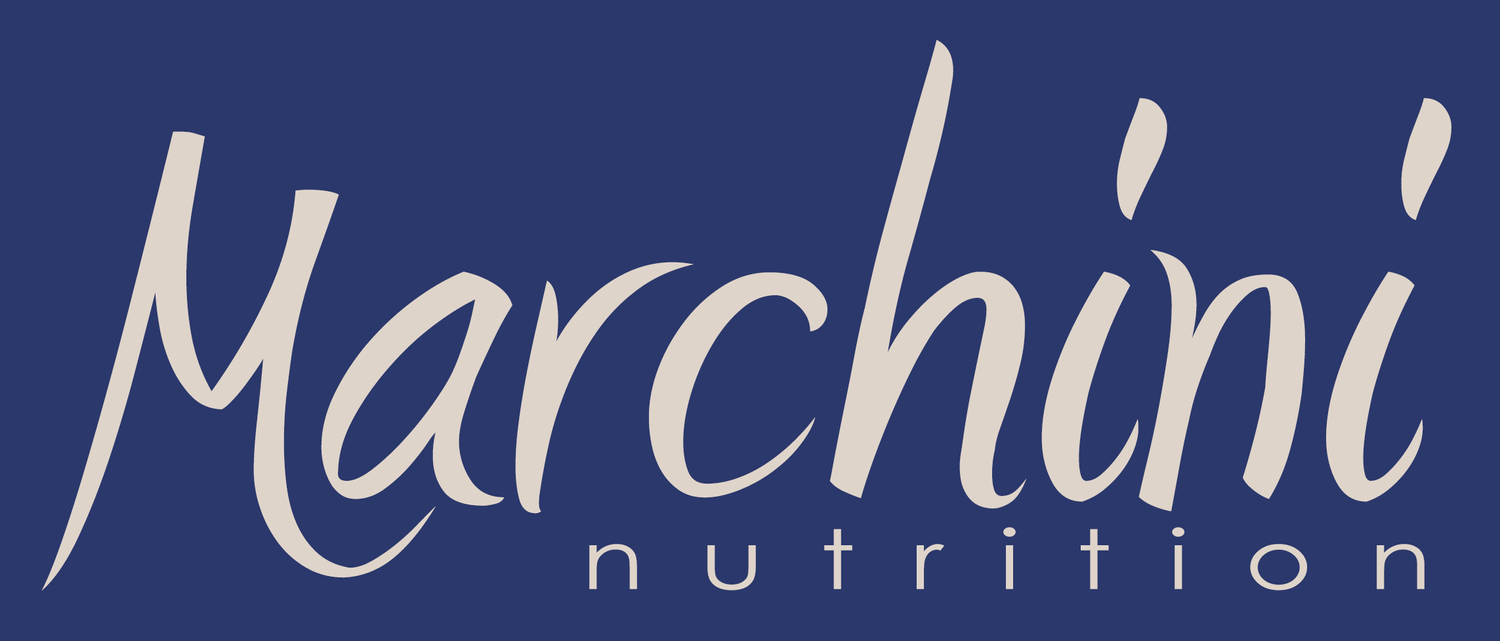Avocado: A Gluten Free Green
Who doesn’t love the gorgeous green colour, smooth texture and creamy taste of avocados? They’re technically a fruit, used as a vegetable in salads and spread as a healthy fat on bread or crackers – the ultimate versatile ingredient. Like all fruits, vegetables, nuts and legumes they are packed with heart healthy nutrients which explains why they help lower blood cholesterol. They’re also gluten free for those with coeliac disease and gluten intolerance, but if you’re following a low FODMAP diet and sensitive to polyols then you may need to avoid avocados as they do contain polyols. Let’s take a closer look at ...avocados.
There are many varieties of avocados but the two most common are the purple, pebbly-skinned Hass and the green-skinned Shepard. Avocados are grown all around Australia making them available all year long. When shopping check if avocados are ripe by gently squeezing the neck of the fruit. Avoid squeezing the body as this bruises the delicate flesh inside for the next customer.
Avocados are about 13% fat, which is not that high in fat compared to healthy nuts (50-70% fat). The fats in avocado are predominantly healthy monounsaturated fats with a low proportion of unsaturated fat. As an avocado ripens the monounsaturated fat increases and saturated fat decreases. To stop fats from going rancid, or oxidising, too quickly avocados also come packed with a range of antioxidant vitamins and phytochemicals. As a result people who eat avocado regularly have better nutrient intakes and diet quality than those that don’t.
50g of avocado a day which is about a quarter of a larger and a third of a smaller avocado provides:
A rich source of water soluble vitamin C – 11mg or 25% of vitamin C RDI for adults. Antioxidant vitamin C helps vitamin E return to its natural state after stopping the effects of free radicals.
1mg of fat soluble vitamin E or 10% of RDI for adults. Vitamin E also protects cell membranes from oxidation.
A source of polyphenols and colourful carotenoids such as beta carotene, beta cryptoxanthin, lutein and zeaxanthin that help give avocado its unique colour and important for eye health.
245mg of potassium and less than 2mg of sodium. Research shows that a varied diet, high in potassium and low in sodium, helps to maintain normal blood pressure and protect against heart disease and stroke.
A source of insoluble and soluble fibre, in total around 2g and a source of plant sterols providing 42mg per 50g serve. Plant sterols and fibre help reduce cholesterol re-absorption in the intestines.
It’s the combination of these healthy fats, fibre, plant sterols, vitamins, minerals and antioxidants that give avocado their heart healthy effects such as cholesterol lowering. Research has shown the addition of 75-300g of avocado a day to a variety of healthy diets lowers total and LDL cholesterol while maintaining HDL cholesterol. This is why the Australian Dietary Guidelines suggest swapping butter for avocado in Guideline 3.
You may not know this but avocado may also play a role in eye health. The macula lutea is a “yellow spot” in the centre of the retina responsible for central vision. Macular degeneration is the result of age related damage impacting central vision. The macula is yellow as it is rich in colourful carotenoids lutein and zeaxanthin thought to combat light-induced damage caused by free radicals. Carotenoids help reduce the risk of macular degeneration and are transported to the macula by HDL cholesterol.
Avocados provide a wealth of eye health benefits as they contain carotenoids themselves, help boost HDL cholesterol and their healthy fats absorb fat-soluble carotenoids from other foods. Research shows that adding 75-150g of avocado to a salad or salsa increases the absorption of carotenoids from other salad vegetables five-fold.
Carotenoids are considered to be proVitamin A as they can be converted to vitamin A in the body. Vitamin A is an essential fat-soluble vitamin needed for normal reproduction, vision and immune function. Preformed vitamin A is found in animal products while carotenoids are largely found in plant foods and eggs.
A recent study found eating 150g of avocado with other vegetables rich in carotenoids boosts both the absorption of carotenoids and their conversion to vitamin A. Specifically, avocado enhanced the absorption of beta carotene from tomatoes 2.4 fold and enhanced the efficiency of conversion to vitamin A by 4.6 fold. For carrots, absorption was increased 6 fold and the efficiency of conversion to vitamin A by 12.6 fold. This may be particularly important for those who avoid eating vitamin A rich foods such as dairy.
So whether you’re following a cholesterol lowering diet, a gluten free diet or need to avoid dairy enjoy 50g of avocado each day with other vegetables – that’s about two avocados a week in the shopping trolley.
For more information and recipes visit www.avocado.org.au and
http://www.avocado.org.au/sites/default/files/Australian_Avocados_An_Update_Nutrition_And_Health.pdf or follow @avonutrition and like www.facebook.com/AustralianAvocados.
For access to the research quoted in this blog please access http://avocado.org.au/references or request original copy through the Be Well Gluten Free closed Facebook group.



